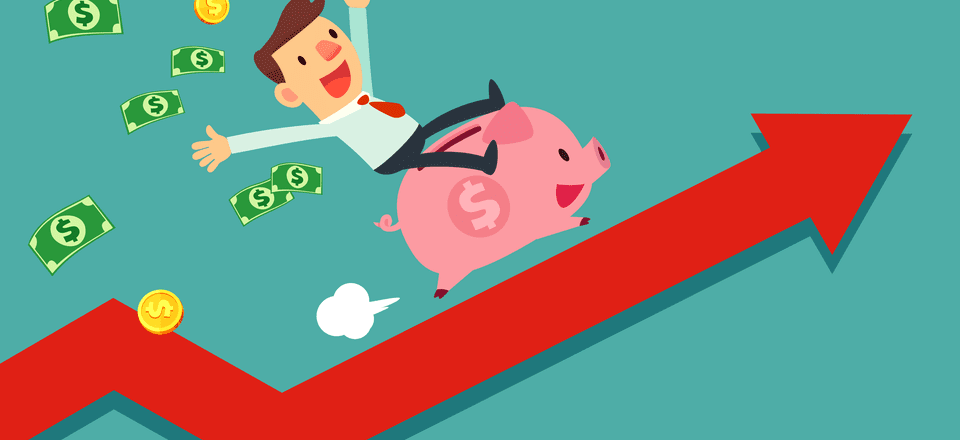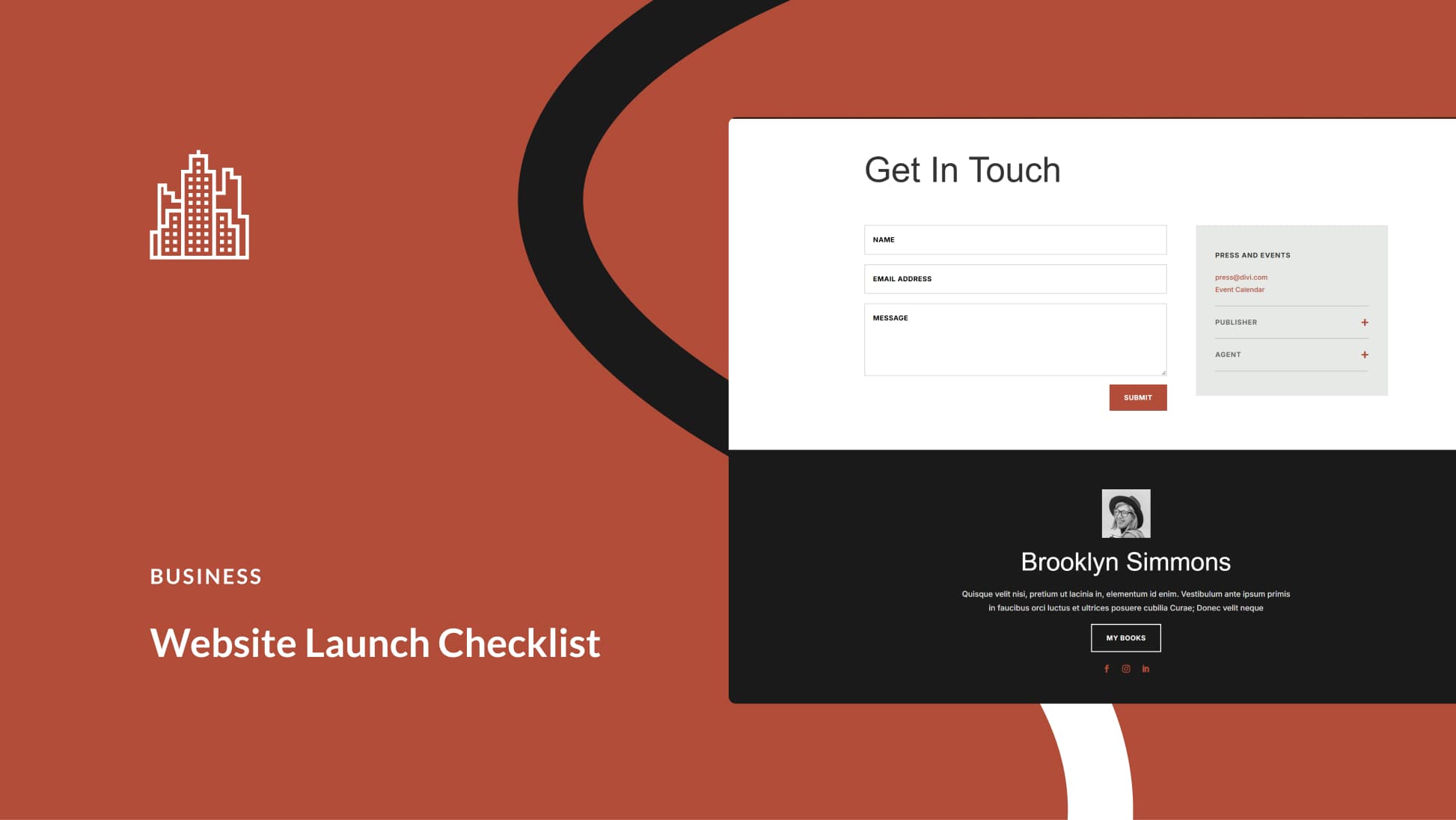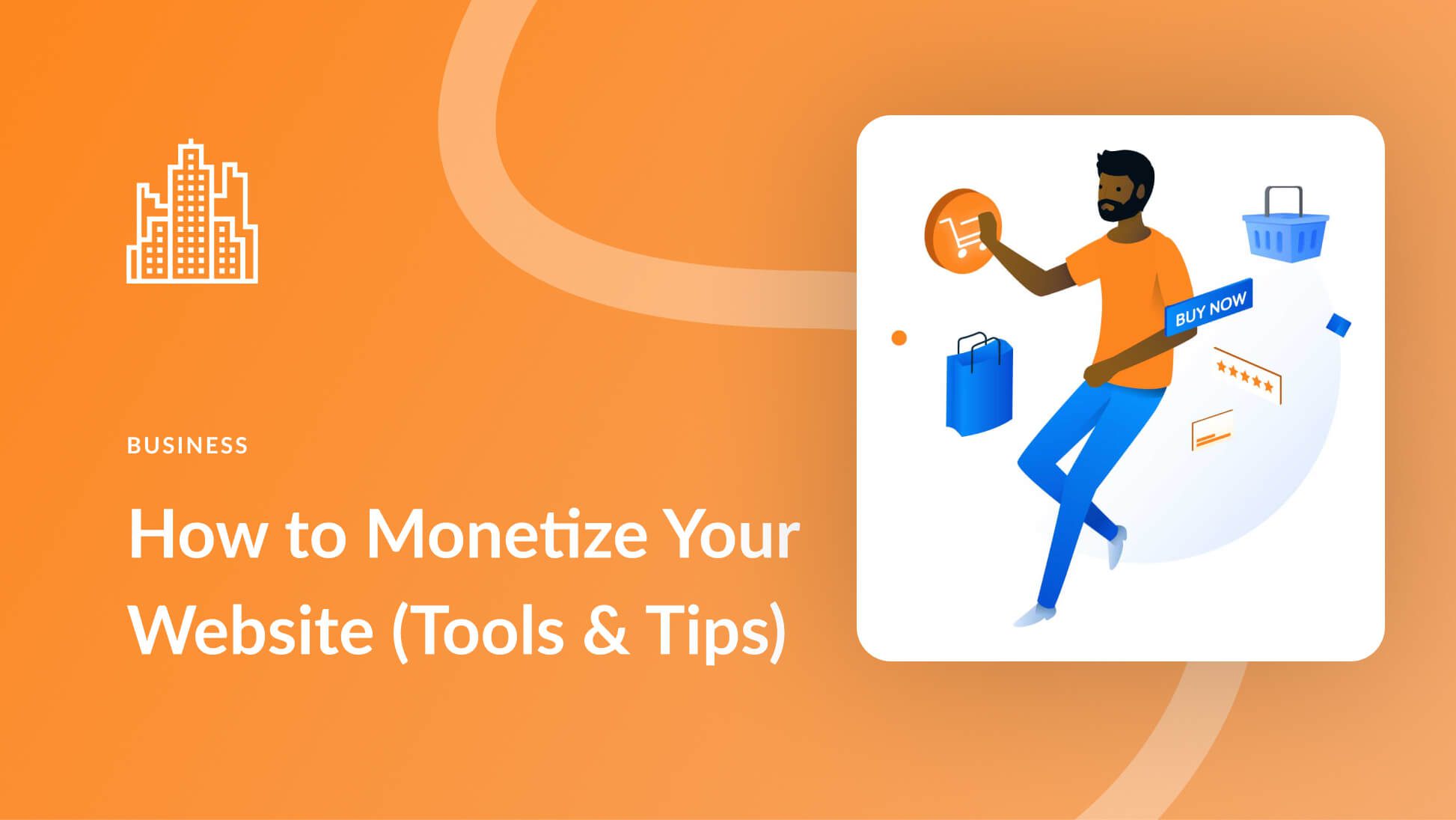Running a business comes with a whole host of risks and rewards. Whether you’re making plans to launch your own business in the near future, or already have one up and running, ensuring your financial stability will help improve your chance of success.
In this article, we’ll talk about what it means to be financially stable, and provide some strategies for how to achieve and maintain that status. However, beforehand, let’s actually define the meaning of ‘financial stability’!
What It Means to Be Financially Stable
In a nutshell, financial stability is essentially about being able to cover all of your business’ necessary expenses without worrying about where the money to do so will come from. In other words, it’s a feeling of security in your financial situation.
It’s usually best to achieve financial stability in your personal finances before embarking on becoming a small business owner. You’ll likely have to put some of your own resources (read: capital or money) towards getting started. As such, if you can’t cover your personal expenses, it’s unlikely you’ll be able to manage those of your business.
Consistently monitoring your business and personal finances for stability will help prevent you from being blindsided should something go wrong. Being confident of having some protection from the risks of being a business owner will provide you peace of mind and a failsafe if you need it.
Business owners regularly face the challenge of managing their business’s needs without damaging their personal financial well-being. Applying the strategies throughout this article to both your business and personal finances can help you maintain a healthy balance between the two.
How to Be Financially Stable as a Business Owner (5 Key Strategies)
The below strategies can help you prepare your personal finances before your launch your business. However, they’re also useful for monitoring the financial stability of yourself and your business over time, which is key to long-term success.
As a business owner, your personal finances and your business depend on one another. Therefore, it’s important to monitor both if your business is going to succeed. Let’s look at five key strategies for success.
1. Have an Emergency Fund Saved Up
Having funds to fall back on in case your income stalls is absolutely vital as a business owner. These funds can help tide your business over during its early days, before a steady flow of cash is coming in. It can also provide a cushion during slow periods.
In the worst case scenario, a personal emergency fund can support you if your business fails. Keeping this separate from your business’ emergency fund will help prevent your company from ruining your personal financial stability if things go south.
It’s good to set aside enough money to cover at least three months of expenses for yourself and your business. In fact, you should heavily consider saving up to a year’s worth of expenses for emergencies. This way, the initial threat of the shutters rolling down won’t be so pertinent.
2. Pay Off Existing Debt (and Avoid Acquiring More)
It’s common to have to take out loans to start a new business, but if you already have debt, consider paying it off before you commit to another borrowing plan. After all, covering your startup costs is difficult enough without previously existing debt weighing you down.
Once your business is up and running, prioritize paying off any startup loans. The sooner you can get out of debt, the better – you’ll be able to avoid paying more interest than is necessary. If possible, you should pay more than the minimum payment each billing cycle.
If you’re trying to get out of debt, consider two commonly used methods for paying off multiple debts. Firstly, ‘debt stacking’ prioritizes paying off your debts based on interest rate, so that you pay the least amount of interest at any given time.
In contrast, the ‘debt snowball’ method focuses on paying off your smallest debt first, then chipping away at the larger amounts you owe. The excitement of paying off each debt should help motivate you to tackle the next one.
Finally, make an effort to stay out of debt once your loans are paid off, and hold yourself and your business to a budget. Minimize your expenses where you can, without compromising the quality of your products or services. Also, before you hire new employees, consider whether you or a current employee can handle the work instead.
3. Pay Yourself First
Paying yourself first means ensuring your long-term financial stability, not just your immediate needs. Padding your emergency funds, retirement account, and any other savings you need should be your first priority when you receive your paycheck.
Being financially stable is an ongoing process, not a ‘one-and-done’ task. While it may seem selfish, maintaining your savings and planning for the future by paying yourself before tackling other expenses helps you keep up or even improve your financial stability over time.
Setting up direct deposits or automatic transfers to move money into your emergency fund or other savings accounts holds you accountable when it comes to paying yourself first. This way, you don’t have the opportunity to spend money on things you don’t really need.
4. Set Up Automatic Payments for Yourself and Your Customers
Late fees have no benefit to you or your business, and they’re easily avoided. For the uninitiated, these are penalty charges for not paying up in time. Our advice is to consider setting up automatic payments on elements such as utility bills, so you don’t have to worry about missing any important due dates.
The primary drawback to this strategy is the potential for overdrawing the account that’s set to make the automatic payments. As such, you should make sure you’re always regularly monitoring your account balances and topping them up accordingly.
If your business involves receiving regular payments from customers, consider offering them an option to make automatic payments as well. This can help ensure payments are prompt and in full, and that you aren’t left in a situation without money you expected to have.
5. Operate Your Business Below Your Means
Making a habit of living below your means can help you maintain your savings and avoid overspending. The same applies to your business – while you will likely have to spend more on resources to maintain your business as it expands, you should always do so in proportion to its growth. In other words, be frugal!
It’s recommended you spend as if your income were 20–40% less than it actually is. For example, if your income after taxes is $100,000, consider living on a budget of between $60,000 and $80,000.
This is an important practice even when business is booming. As a small business owner, there’s always the risk of a dry spell or sudden changes in your income or expenses. It’s also much harder to scale back once you’ve indulged expensive tastes, than it is to maintain a smaller budget.
Conclusion
There are many desirable aspects of owning a business, like the independence of being your own boss, and the personal satisfaction of pursuing your passions. However, your business could be short-lived if you’re not financially stable enough to keep it running.
This post has looked at five strategies to help you maintain financial stability for your business (and in your personal life as well). Let’s recap them:
- Have an emergency fund saved up.
- Pay off existing debt and avoid acquiring more.
- Pay yourself first.
- Set up automatic payments for yourself and your customers.
- Live and operate your business below your means.
Do you have questions about being financially stable as a business owner? Ask away in the comments section below!
Article thumbnail credit: blocberry / shutterstock.com









One major item you could add to this list is to be having income coming in that provides the financial stability – otherwise you’ll be draining your “set-asides” faster than they replenish. This means having one or more small streams of income, side hustles, etc.
If you depend on just savings or set-asides, what do you do when those are gone? Everyone’s timeline to success varies.
This world is based on consumption and requires us to always be exchanging something we have or can get for what we need to survive. There’s no true stability without continual production and exchange.
That’s a good addition, Vince – thanks for bringing it up!
Excellent guidance! Consistent with principles in EntreLeadership, a great book for people starting or growing their business.
I also recommend adding podcasts to this list. Listen to at least one a week to learn things that you otherwise wouldn’t in order to grow and stabilize your business. Any episode has many things to offer but I encourage others to find the “one big takeaway” they can apply today.
In addition to EntreLeadership, some others to listen to are Story Brand, Akimbo, This Is Product Management… there are many to choose from and, chances are, you’ll find business building, money-making ideas every week!
Thanks for your insight and suggestions, Jodeo! We’ve got plenty of content on podcasts to peruse, with more on the way!
Great article John and even better advice. What I have noticed (and I did it too, years ago) is business owners going out and buying or leasing expensive cars when they really cannot afford them. I wanted to offer this example as ‘within means’ because it flies over so many heads.
Real Estate is the only business where an expensive car is practically a necessity, especially when meeting with clients. Otherwise, a nice mid-price vehicle that is kept clean and good repair should be top priority for any business owner.
That is a sensible, yet important piece of advice, Ken! Of course, you do need to splash the cash if the presence of your vehicle is important, but you’re right – most don’t need to do so.
Thanks for the great piece of real-world advice. 🙂
This is a great article to post especially in a time when there is such strong messaging around going out on your own and starting your own business.
I think risk is great but sometimes the message is “Jump and figure it out” which works for some but most of the time it takes careful planning.
Hats off to you for taking the time to write this and giving a realistic idea of how to approach operating a business.
…and thank you for your kind words, Arash!
I would add creating a monthly budget for your business also.
Yes, that’s a nailed-on cert! Thanks for the addition. 🙂